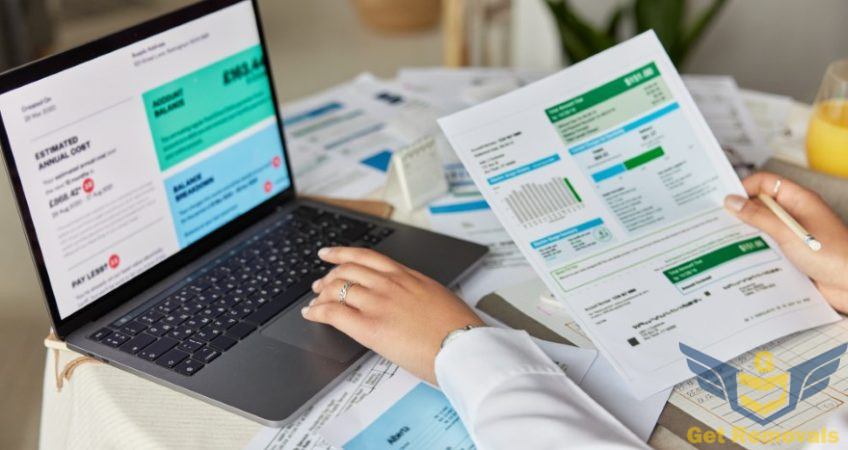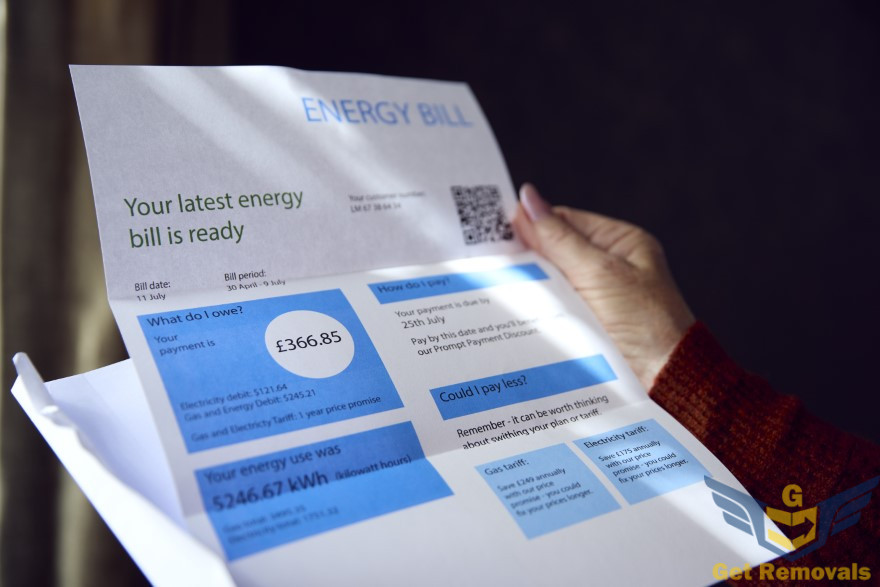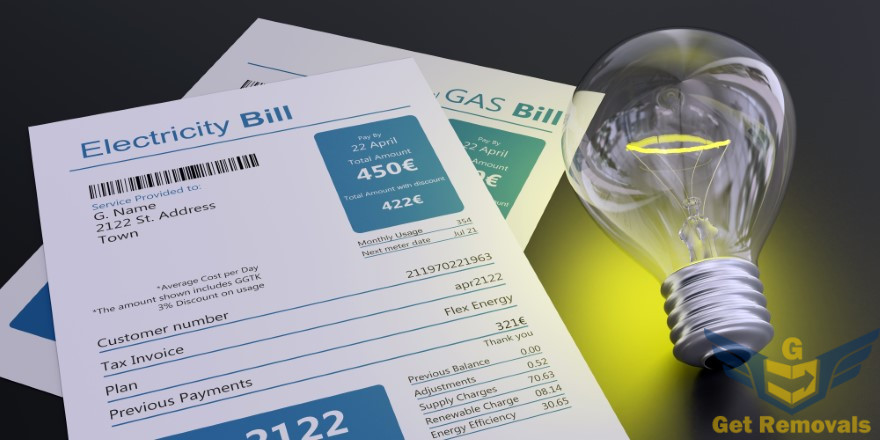
Moving houses could be among the most stressful experiences a person goes through. At the same time, most people relocate at least once every few years. In case you live at rented accommodations, chances are the frequency with which you go through house removals could be even greater. No matter whether you are a seasoned house mover, or it is your first time when you have to plan a relocation, making a checklist of all tasks you need to have covered come moving day can be a challenge.
How to prepare for your moving house day
There are quite a few things that you need to have in mind when you are preparing for a full scale domestic relocation:
- Finding a new place
- Negotiating and singing your new contract early
- Finding a reliable moving company
- Packing your stuff
- Getting the new energy suppliers and other utility companies sorted out at the new property
- Arranging post redirection for your mail with the postal service
- Informing your bank, insurance companies, and any subscription services of your new address
The first items on the list sound pretty straightforward, don’t they? It turns out what most people moving house struggle the most with is navigating how to take over utilities when moving house. Paying the final utility bills (such as the electricity bill) at the old place, figuring out who to call at the new energy supplier and what documents will take for you to be added to the existing contract can be a real hassle. Things can become even more complicated if you want to terminate the contract early with an old supplier and start getting your house utilities from a new supplier serving the area. Even if you’ve done all of that before, you can still benefit from some tips on how to optimize the process of dealing with house utilities, gas and electricity suppliers.
What to do with utilities when moving house?



Start by finding out who the current energy supplier is. Also, inquire about other house utilities and the utility provider that you will need to take over, and the bills that you will need to pay – water bills, electricity bills, gas bills, internet and broadband bills and council tax all fall into that category. Make sure that you research where you need to call, and what arrangements that you need to make the gas and electricity deal at the new property, so that you are not cut off once you move in. Additionally, take accurate readings of the electricity meter and gas meter to ensure proper billing and avoid overcharges.
- Update your direct debit details if needed and confirm your preferred supplier for ongoing payments. Delays here could lead to penalties.
- Contact your distribution network operator to check if any local outages or maintenance could affect your service setup.
How do I sort gas and electric for a new house?
There are a couple of things that you need to do before you move into your new place. First and foremost, you need to inform your current energy or water supplier that you are moving to a new property. You should do that at least 48 hours before you start moving house. Ensure that your utility account is updated with your new address to avoid any service interruptions. Don’t forget to inform them about your new address, so that they can send the final bill to it, instead of the old address.
The TA6 form you get from the sellers of your new house should contain the information about the new electricity supplier that you need to contact so that your documentation is prepared ahead of your move, and the property is connected to the current supplier and the grid.
Next Steps
Call the water company, the energy supplier, and gas company to make sure that they have all your information correctly for all utility services. Inquire about a possible prepayment meter contact, standard variable tariff or even a new minimum term contract if that is something you might be interest in, as well as past energy bills, and other house utilities bills that are still unpaid. You have probably already done that while sealing the deal on your new house, but it is always a good idea to double-check with these things. Review energy prices from other energy providers to identify a cheaper deal, especially if you’re not locked into a fixed-rate plan.
Come moving house day – meter readings
Now that you know who your gas and electricity suppliers will be at the new property, you should also know what to with the utilities when moving house. Snap photos of the gas, electricity and water meter readings as they were the moment before you leave your old place. This will facilitate a smooth utility transfer to your new property. The final meter reading is crucial and you should immediately send these readings to your old energy and gas supplier – they will need them for their records, and to accurately measure your energy and gas consumption so that your final bill is accurate and you don’t overpay.
Snap photos of the gas, electricity and water meter readings at your new place the moment you arrive as well. Send them over to your new energy supplier, so that can confirm them with their records. You have to do that to make sure that you get your consumption right, and an accurate first bill as well, from the get-go. Keep the photos of the electricity and gas meter readings for your records as well. It is always best if you have those at hand.
Internet connection
Some people forget that having proper, internet access and connection from day one is very important when you move into a new property. That is particularly true if you work from home, as many of us have been doing in the past several years. So make sure to call the currently broadband provider at the property and make sure you will be connected to the internet once you arrive. Consider switching to a provider offering better terms or faster speeds if your current broadband provider doesn’t meet your needs.
Change Suppliers
It is only logical that you would be looking for a more fair deal, so you might want to switch supplier to one that offers better rates than the one currently connected to your property by the existing supplier. You might have to pay an exit fee to change to the best deal on the market. A few bits of technicalities, including informing the local council, are also involved in the process. They are worth it in the long run though, if you get a cheaper and better deal on your utility bills from them.
